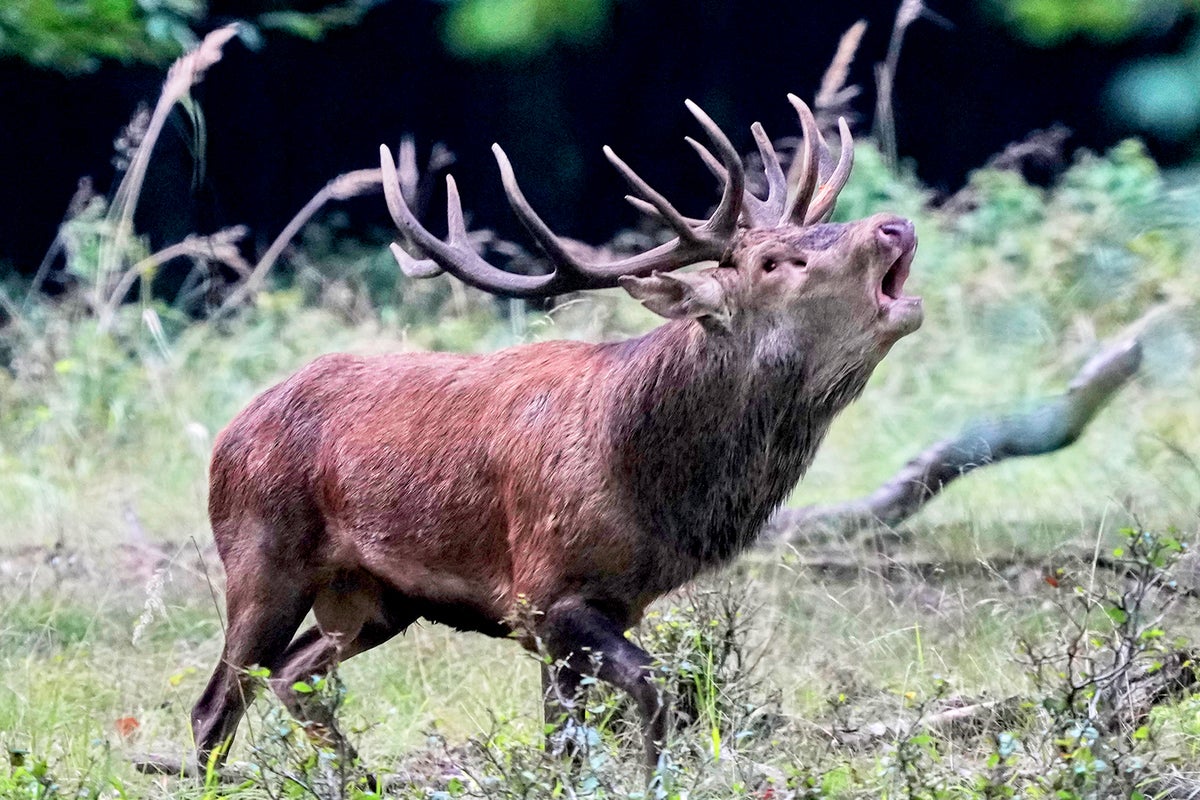Home / Science / Mating Rituals Linked to Shorter Lifespans in Male Mammals
Mating Rituals Linked to Shorter Lifespans in Male Mammals
2 Oct
Summary
- Male mammals have elaborate mating rituals, often resulting in injury and shorter lives
- Female mammals live 13% longer on average than males, while male birds live 5% longer
- Females that care for offspring tend to live longer, likely to ensure offspring independence

According to a study published in Science Advances, the reason why women live longer than men on average around the world may be due to the competitive mating rituals of male mammals. Researchers at the Max Planck Institute for Evolutionary Anthropology examined 1,176 species of mammals and birds and found that female mammals live about 13% longer than males, while male birds live around 5% longer than females.
The study suggests that male mammals' elaborate and energetic mating behaviors, such as stags crashing antlers, often result in injury and shorter lifespans. In contrast, many bird species are monogamous, meaning the competitive pressure is lower and males often live longer. Additionally, the researchers found evidence that the sex responsible for raising offspring, usually the female in mammals, tends to live longer to ensure their young reach independence or sexual maturity.
Some exceptions were noted, such as male peacocks with bright and colorful tails living longer despite competing for mates. However, the researchers believe that in most cases where males must compete for a mate, their longevity advantage over females shrinks. This pattern held true even when the animals were kept in zoos, safe from predators and cared for by veterinarians.




